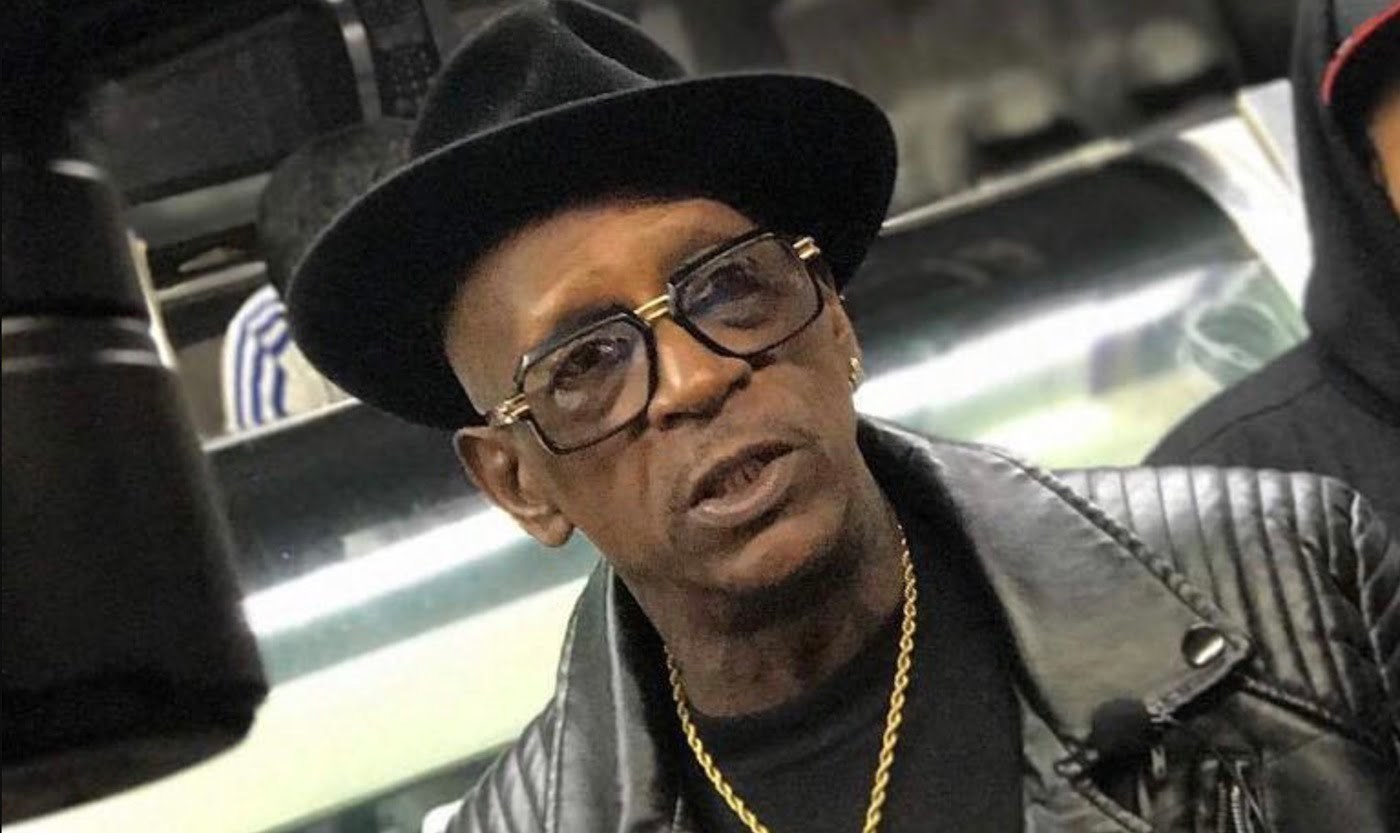It’s a sad day for hip-hop after Wu-Tang Clan affiliate, Popa Wu, passed away. At the moment, there are no details on the circumstances behind his death.
GZA, one of the Wu-Tang founders, broke the news on Instagram while paying tribute to former colleague preaching his five percenter philosophy. Ghostface Killah joined the others by captioning a post saying, “Rest in peace, my brother.” U-God followed suit in by adding a link to the track “Black Jesus,” featuring U-God, Popa Wu, and Rae. Method Man also took to Twitter to express his condolences, sharing fond memories of his brother. Never before has the mighty Wu-Tang seemed so united in grief yet shaken and overcome with emotion.
The significance of Popa’s iconic presence has left many undecided on how best to describe his influence on the others. Some say he was their mentor, while others prefer the title spiritual leader.
The Wu-Tang dominated the mid-90s with their music. Popa featured on top albums such as Ghostface Killah’s Ironman and Raekwon’s “Only Built 4 Cuban Linx.” He even worked on a solo project, “Visions of the 10th chamber.” There are also some reports that Popa Wu is related to RZA, Ol-Dirty Bastard, and GZA. Word has it that he was working on a memoir too.
Having started out in Staten Island while hip-hop was in its infancy, the power group has entertained fans with their exemplary lyrics for the past two and a half decades. We even get to see how it was like in the life of Wu – Showtimes’ recent documentary titled “Wu-Tang Clan: Of Mics and Men.”
R.I.P. ETERNALLY TO THE GOD PAPA WU ????
— DJ Premier (@REALDJPREMIER) December 16, 2019
The group has shaped the cultural landscape through their talent, diversity, and hustle. Their music narrates realities and extremities of the culture as it cycled through endless violence, poverty, extreme racism, the crack epidemic, and a segregative disenfranchising system towards black people. Another scripted series on the life and times of the group was released by Hulu.
In a past interview with MTV, RZA showed enthusiasm for their re-union project, arguing that their “mind power” worked in “spurts.”
